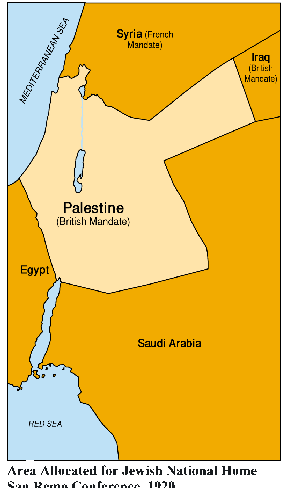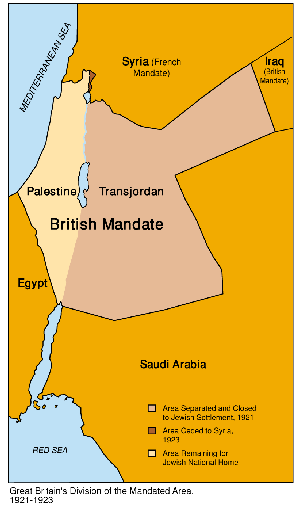So you do not recognize your stance - of some kind of pretense of moral and political equivalence between aggressor and victim, of calling for an end to violence in the preservation of a status quo in which one side keeps its recent and still expanding gains by violence up to the minute of the "peace", and the other side accepts it losses and its recent degradations - as being favorable to one side and favorable to further violence from that side?
What I do not recognize is anything resembling "my stance" in your characterization. For example, I explicitly stated that a single secular state with equality for all residents is my ideal outcome. That means the outright dissolution of Israel, and not just as a state, but as a nation. How you can equate that with "preservation of a status quo" is beyond me. My stance is, in that sense, drastically more radical than anything you appear to be countenancing.
While I expected this sort of reaction from the likes of S.A.M., I have to say that I'm disappointed to hear it coming from you.
How do you promote commonality and peace in a situation in which understanding recognizes ongoing and severe injustice?
It's no easy matter, to be sure, but the first step is to inhibit the tendency of conflict to undermine commonality. It is possible to simultaneously recognize injustice
and the counterproductivity of conflict, after all (at least amongst those who are not direct parties to the conflict). A key step in this process is the emphasis on individual agency over tokenism (again, this goes double for those who have no direct stake in the conflict in the first place).
See also my earlier comments about the danger of the emotional reaction to conflict being channeled towards nefarious ends. That understanding requires recognition of injustice does not imply that the depiction of injustice leads to understanding. Quite the opposite, typically, which is why the bad actors in the conflict place such a high emphasis on portrayal of injustice, and actively work to silence voices that would recognize certain other salient features.
You give yourself away when you introduce the canard of Hamas not "recognizing Israel's right to exist". Such a consideration not only reflects pro-Israeli bias and the taking of sides in the spin wars, but the consideration would be almost irrelevant in a genuine and practical attempt to reconcile two warring peoples as you pretend to favor in the quoted paragraph.
I stand by my perception that Hamas is a bad actor that is sustained by conflict (and so will work to sabotage any progress towards peace). And I reject the the idea that one must be some kind of pro-Israel partisan (or, at least, unwitting tool) in order to come to that conclusion. More than that, I hold that anyone who would impose such a false choice is themselves a tool of conflict and destruction.
I'm open to the prospect that my assessment of Hamas is mistaken (although the recognition issue is only one small example of what led me to that conclusion), but flat assertions that I hold ideas and motivations that I do not hold is not going to convince me of much of anything. Except that I should have less respect for you, of course.
As far as the irrelevance charge goes, I'm frankly puzzled by it. It seems to me that recognition of bad actors with the power to spoil reconciliation is a precondition of any such process, not an irrelevancy. The point is to reconcile the Palestinians and Israelis, remember, not (necessarily) Hamas and Likud. I would expect such a process to proceed via the marginalization of such bad actors, not their conversion. Supposing that's what you had in mind, anyway...


